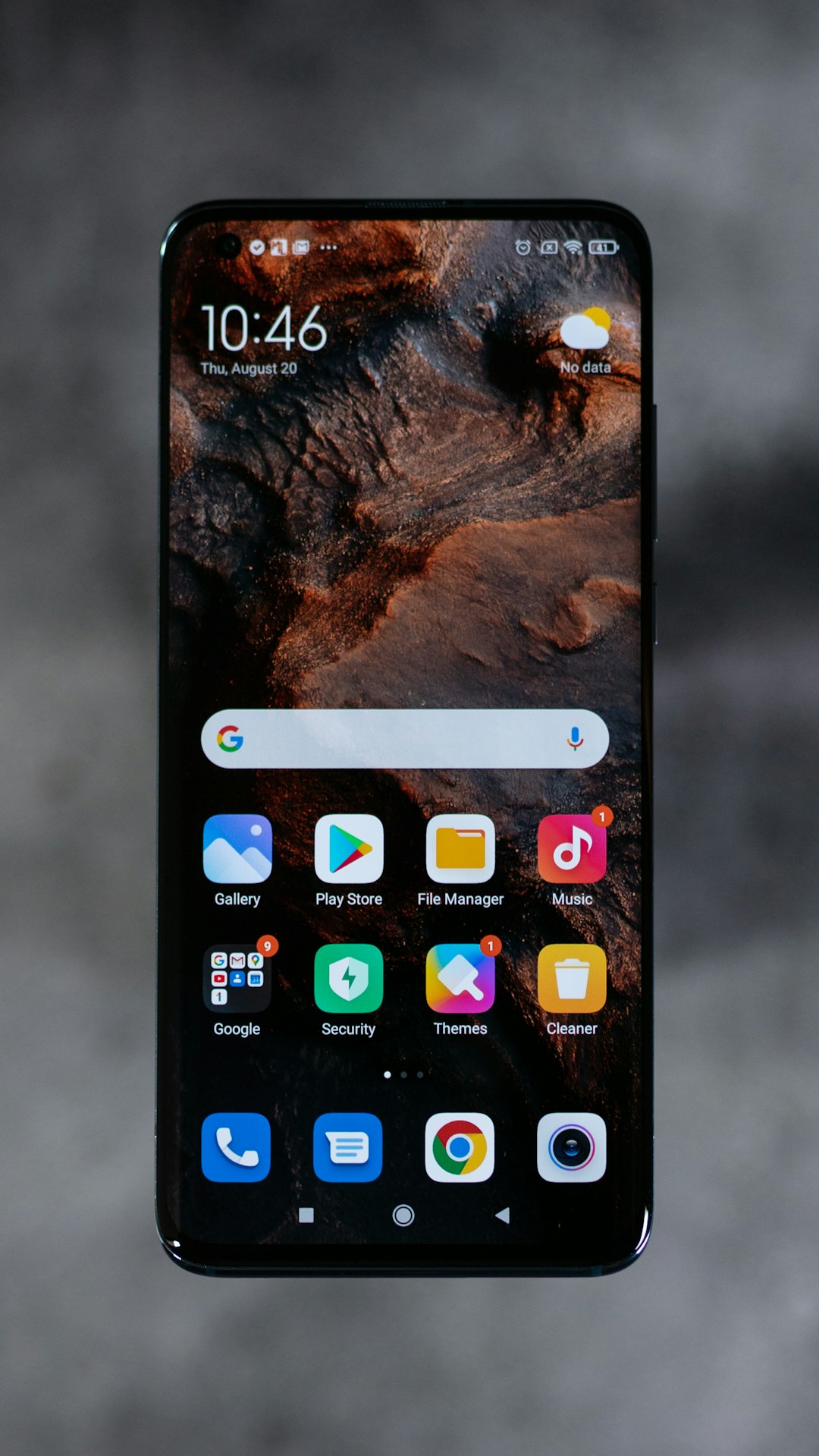In Oregon, where state laws govern autodialer use to protect consumers from unwanted calls, businesses in Tigard must obtain prior express consent for automated calls, adhere to call timing regulations, provide opt-out mechanisms, and consult a specialized lawyer to ensure compliance and avoid penalties. A qualified lawyer for autodialer Oregon specializes in telecommunications law, consumer protection rules, and industry best practices to guide businesses through compliance policies, dispute management, and legal developments.
In the dynamic landscape of telemarketing, effective and compliant autodialer usage is paramount for businesses in Tigard, Oregon. This article guides you through essential best practices for seamless operations. We delve into understanding local regulations, particularly those concerning ethical calling campaigns, and highlight the significance of selecting a qualified lawyer for autodialer compliance. By adhering to these principles, businesses can ensure legal adherence while maximizing their marketing potential in the competitive Oregon market. For expert guidance on hiring an attorney specialized in autodialer laws, explore our section dedicated to this crucial aspect.
Understanding Autodialer Regulations in Oregon

In Oregon, the use of autodialers, also known as automated dialing systems, is regulated by state laws designed to protect consumers from unwanted phone calls. It’s crucial for businesses and individuals using autodialers in Tigard to understand these regulations to ensure compliance. One key rule states that automated calls must have prior express consent from the recipient, meaning the caller must obtain explicit permission before dialing. This includes obtaining written or oral consent, with clear indications of agreement to receive automated calls.
Additionally, Oregon law restricts the timing and frequency of automated calls. Calls are permitted during certain hours but cannot be made too early in the morning or late at night without exception. Moreover, businesses must allow recipients to opt out of future calls easily, providing a clear and simple mechanism for cancellation. Seeking guidance from a lawyer for autodialer Oregon can help ensure your practices align with these regulations, mitigating potential legal issues and avoiding costly penalties.
Best Practices for Ethical Calling Campaigns

When implementing autodialer technology in Tigard, Oregon, it’s crucial to adhere to ethical best practices to ensure compliance and maintain public trust. A lawyer for autodialer Oregon can offer valuable insights on navigating regulations related to automated calling campaigns. First and foremost, obtain explicit consent from recipients before initiating calls to avoid violating privacy laws. Clearly communicate the purpose of the call and provide an option to opt-out, allowing individuals to easily discontinue receiving messages.
Personalize your outreach where possible without crossing boundaries. Tailor scripts to specific demographics or interests to increase engagement while respecting individual preferences. Regularly review and update consent management procedures to adapt to changing regulations. Additionally, ensure a human agent is readily available to handle caller inquiries, complaints, or requests to avoid frustration and foster positive interactions.
Choosing the Right Lawyer for Autodialer Compliance

When it comes to ensuring compliance with autodialer regulations in Tigard, Oregon, selecting the right legal counsel is paramount. It’s crucial to find a lawyer who specializes in telecommunications law and has experience navigating the complex landscape of consumer protection rules, specifically regarding automated dialing systems. Look for an attorney who stays up-to-date on the latest legal developments and industry best practices related to autodialers.
In Oregon, businesses must adhere to strict guidelines when using autodialers for marketing or outreach purposes. A knowledgeable lawyer can help you understand these requirements, draft compliance policies, and implement best practices to avoid costly fines and legal issues. They should also be adept at handling any disputes that may arise from unauthorized calls and possess strong negotiation skills to resolve matters amicably whenever possible.






